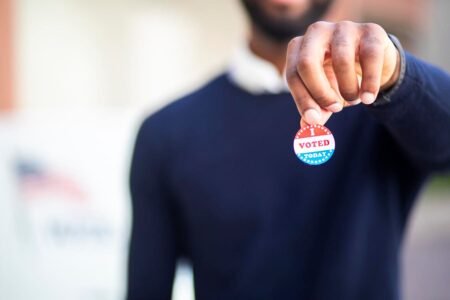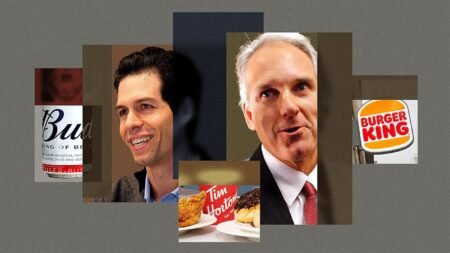Dave Gilboa lost his expensive Prada eyeglasses just before starting an MBA program at the Wharton School of the University of Pennsylvania. Gilboa’s frustration led him to meet classmates Neil Blumenthal, Andy Hunt, and Jeff Raider, who shared his sentiment. Together, they founded Warby Parker, a direct-to-consumer brand that has disrupted the global eyewear industry, generating nearly $670 million in revenue last year. Despite initial struggles and losses, Warby Parker is now on the precipice of profitability, with plans to open more brick-and-mortar stores to drive revenue growth.
The co-founders of Warby Parker launched the company in 2010 while still full-time students, investing their savings of $30,000 each to kick-start the business. Initially running the business from Blumenthal’s apartment, they refrained from taking any salaries. Despite the humble beginnings, Warby Parker gained widespread attention through a Vogue and GQ feature, referred to as “the Netflix of eyewear.” Customers flocked to their website, with the company surpassing first-year sales targets within a matter of weeks. As demand grew, the co-founders pivoted to open their first physical store in Manhattan’s SoHo neighborhood in 2013, marking the beginning of a retail expansion strategy.
Warby Parker’s revenue has continued to increase each year, but the company remains unprofitable. However, an adjusted EBITDA figure of $52.4 million last year provides a promising outlook, with expectations of turning a net income profit by the following year. Anthony Chukumba, an analyst at Loop Capital, highlights Warby Parker’s debt-free status and free cash flow as indicators of financial sustainability. The company’s vision-care strategy includes offering eye exams in retail stores to increase customer engagement and average revenue per customer. With over 2.3 million active customers and plans to open hundreds more stores, Warby Parker is positioning itself for long-term growth and profitability.
Despite its success, Warby Parker remains relatively small compared to industry giants like EssilorLuxottica, which boasts billions in sales. Co-CEO Neil Blumenthal envisions Warby Parker becoming one of the most beloved brands worldwide, further solidifying its place in the massive global eyewear market. The company’s unique direct-to-consumer model and customer-centric approach have set it apart in an industry ripe for innovation and disruption. With plans to expand its retail footprint and offer comprehensive vision care services, Warby Parker is on track to achieve its ambitious goal of becoming a household name and a market leader in the eyewear industry.












